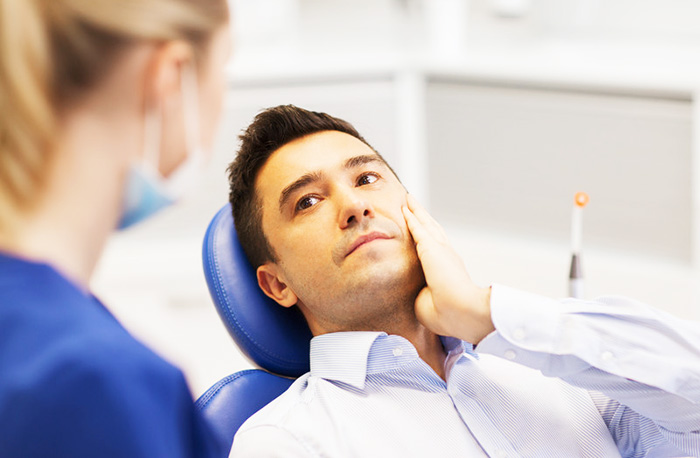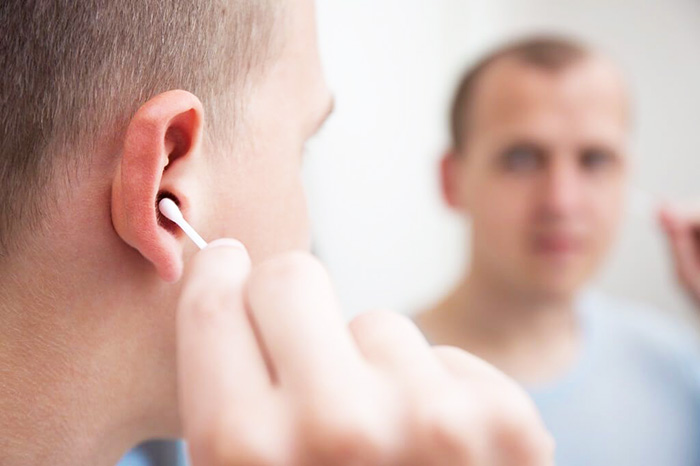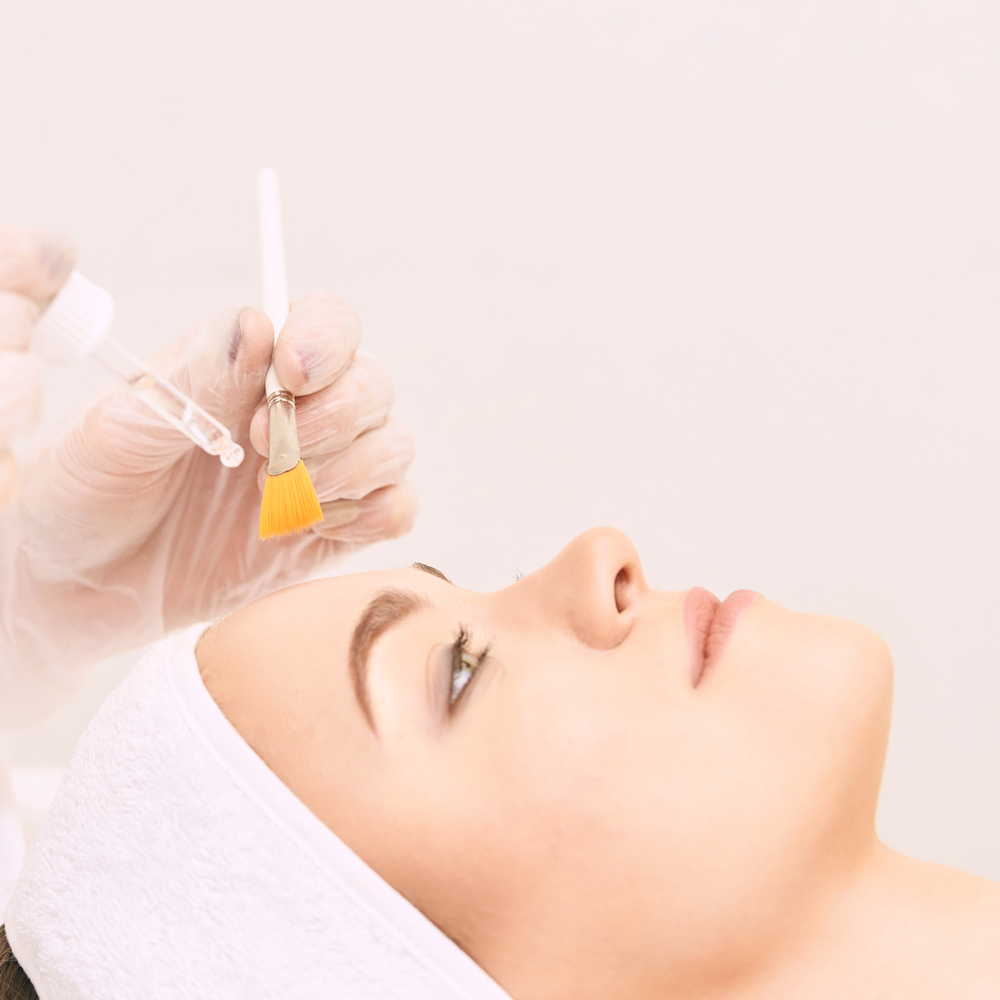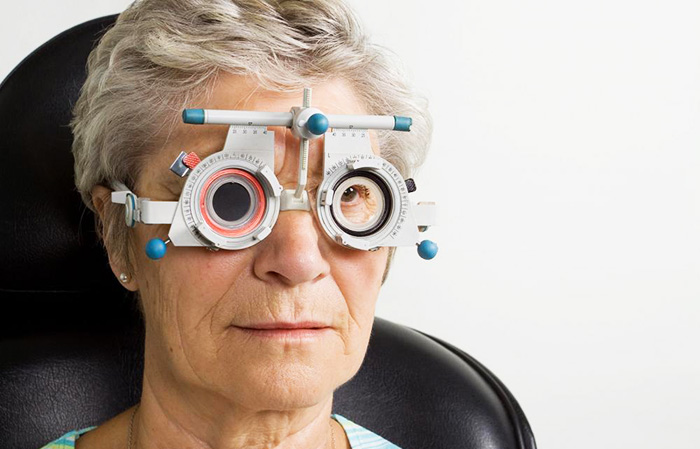Macular degeneration, also called age-related macular degeneration, refers to the degeneration of the macula, the small central area of the eye’s retina. One of the lead causes of vision loss, some experts found that the condition affects more people than glaucoma and cataracts combined. Since it leads to visual loss, it may interfere with the person’s activities of daily living. The following are the causes, signs and symptoms, and home remedies for macular degeneration.
Causes
While the exact cause of macular degeneration remains idiopathic or unknown, experts say that the progress of the condition is directly proportional to age. Also, causes are relative to the type of macular degeneration – dry and wet. In dry macular degeneration, as per NHS UK, the light-sensitive macular cells break down, which is a gradual process of about several years. Dry macular degeneration also involves drusen, small deposits of waste products in the retina. Meanwhile, wet macular degeneration is due to growth of small blood vessels under the macula; as per the publication, it is the body’s compensatory mechanism to remove the drusen from the retina. However, these blood vessels can leak blood and fluid into the eye, which can cause scarring or damage to the macula.
Signs and Symptoms
Macular degeneration presents various causes. According to Mayo Clinic, the symptoms include reduced central vision in one or both eyes, which is the hallmark symptom of the eye disorder; visual distortions like straight lines seeming bent; the need for brighter light when reading or doing close work; increased difficulty adapting to low light levels, such as when entering dimly lit places like restaurants or cinemas, increased blurriness of printed words, reduced intensity or color brightness, and difficulty recognizing faces. As per the publication, one should see an ophthalmologist if changes in the central vision, as well as impairment in the ability to see colors and fine details, are noted.
Home Remedies
Macular degeneration may respond to treatment options like low vision rehabilitation and surgery to implant a telescopic lens. However, remedies can also be done at home as supplemental management for the condition.
Antioxidants
One remedy for macular degeneration is the intake of antioxidant-rich foods. According to Dr. Axe’s official website, these include brightly colored yellow and orange vegetables like citrus fruits, berries, peppers, sweet potatoes, carrots, and squash; dark leafy green vegetables like collards, kale, and spinach; and berries like cherries and blueberries. As per the publication, such colored-foods or “rainbow” foods also provide vitamins like vitamins A, C, and E, which promote vision and mucus membrane integrity, immunity and tissue maintenance, and skin rejuvenation, respectively. Some rainbow foods like carrots can also be processed as juices at home; since they are naturally made, they provide no harm to the body. They should be washed thoroughly to reduce the risk of acquiring gastrointestinal problems like diarrhea.
Green Leafy Vegetables and Herbs
Another remedy for macular degeneration includes green leafy vegetables and herbs. According to Smart Publications, they contain lutein, which promote visual health. Food sources that provide lutein include peas, leeks, romaine lettuce, collard greens, kale, and spinach. Lutein can also be found in marigold flowers, carrots, and tomatoes.
Green Tea and Grape Seed Extract
Both capable of promoting a person’s metabolism, both also qualify as macular degeneration remedies. As per Style Craze, they also help remove harmful agents like waste products, toxins, and free radicals from the body. This way, the build up of waste products and drusen in the eyes (in dry macular degeneration) is prevented, as well as the formation of blood vessels in the retina (in wet macular degeneration).
Macular degeneration leads to vision loss and adversely affects a person’s daily activities. Thus, it is best to seek medical consult from an ophthalmologist for adequate assessment history taking, planning, intervention, health education, and evaluation.
Source: balfouroptical.com








